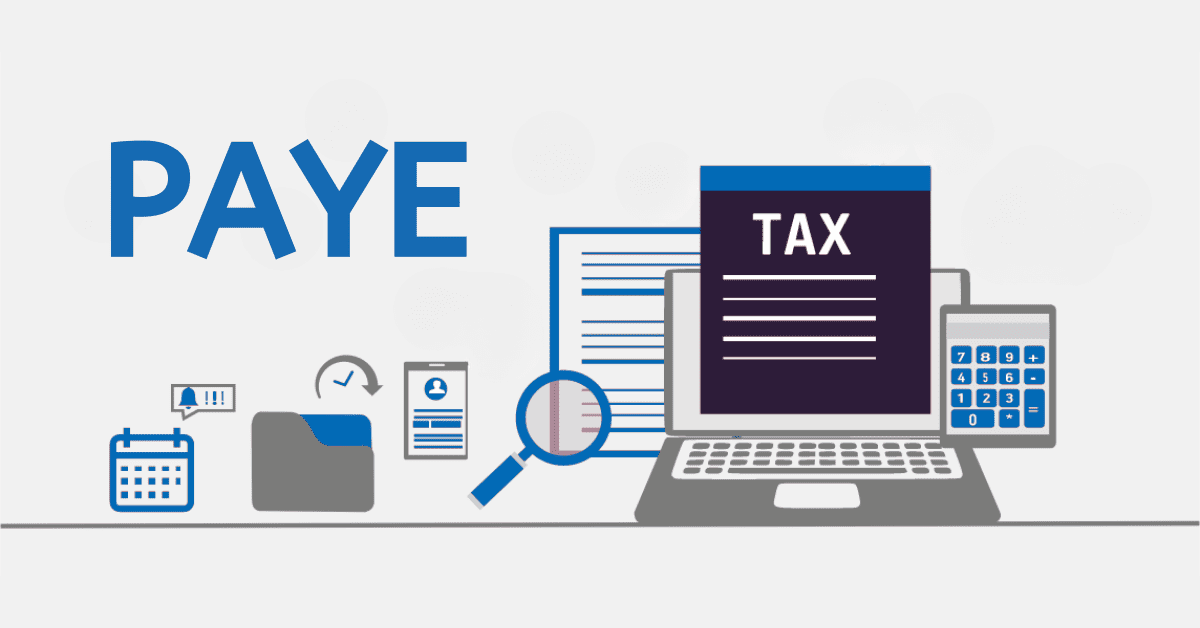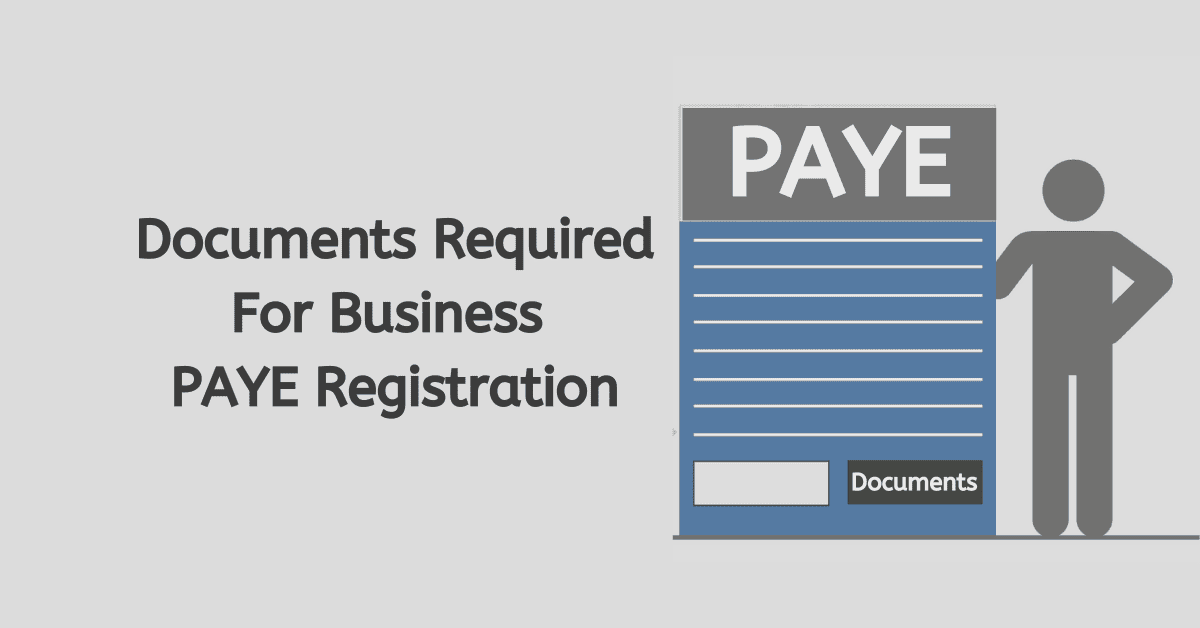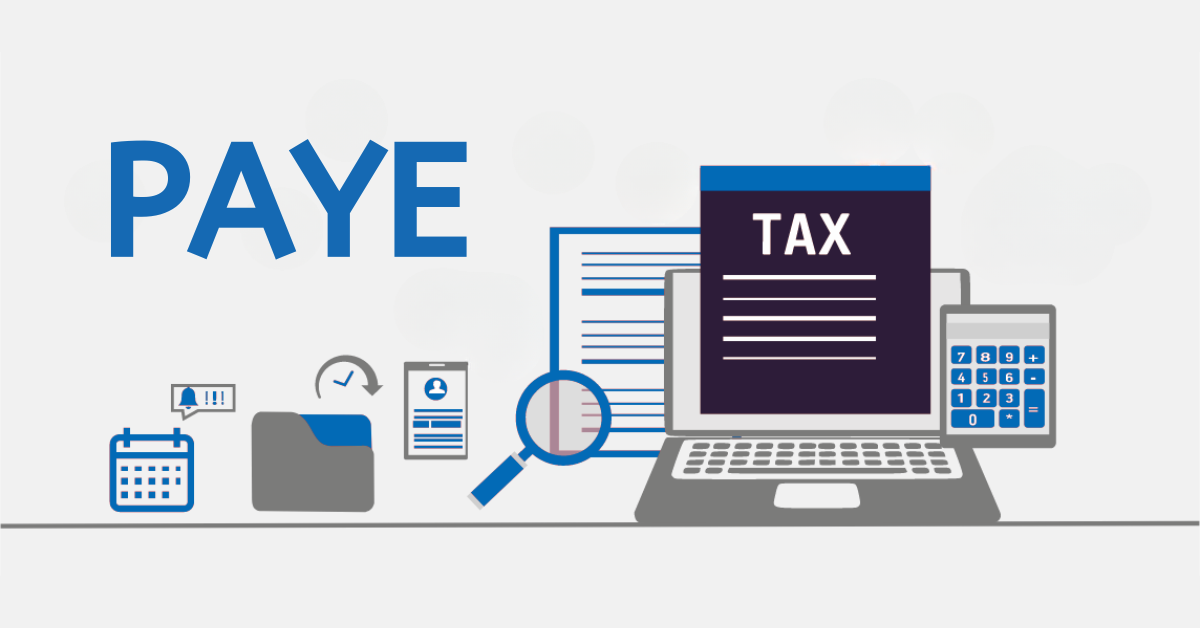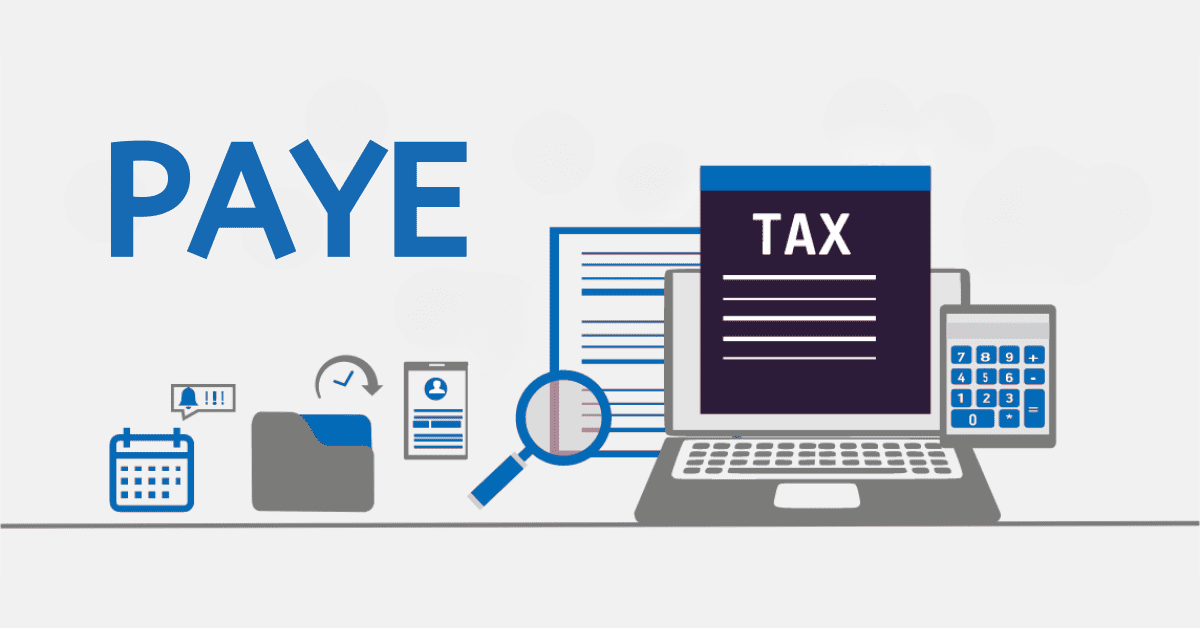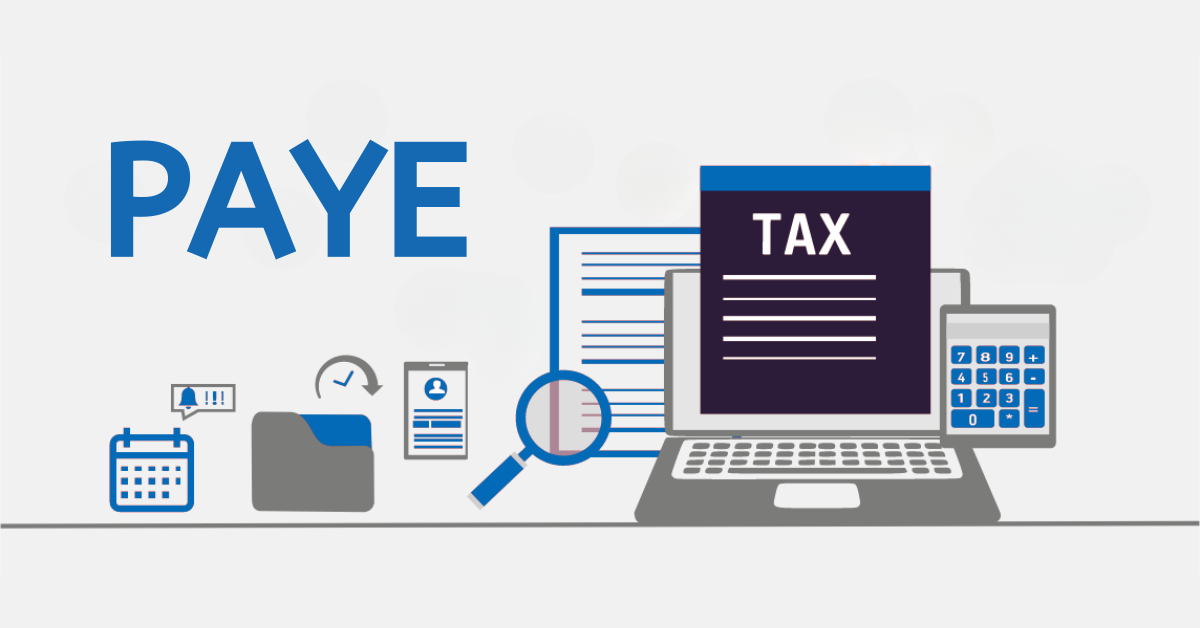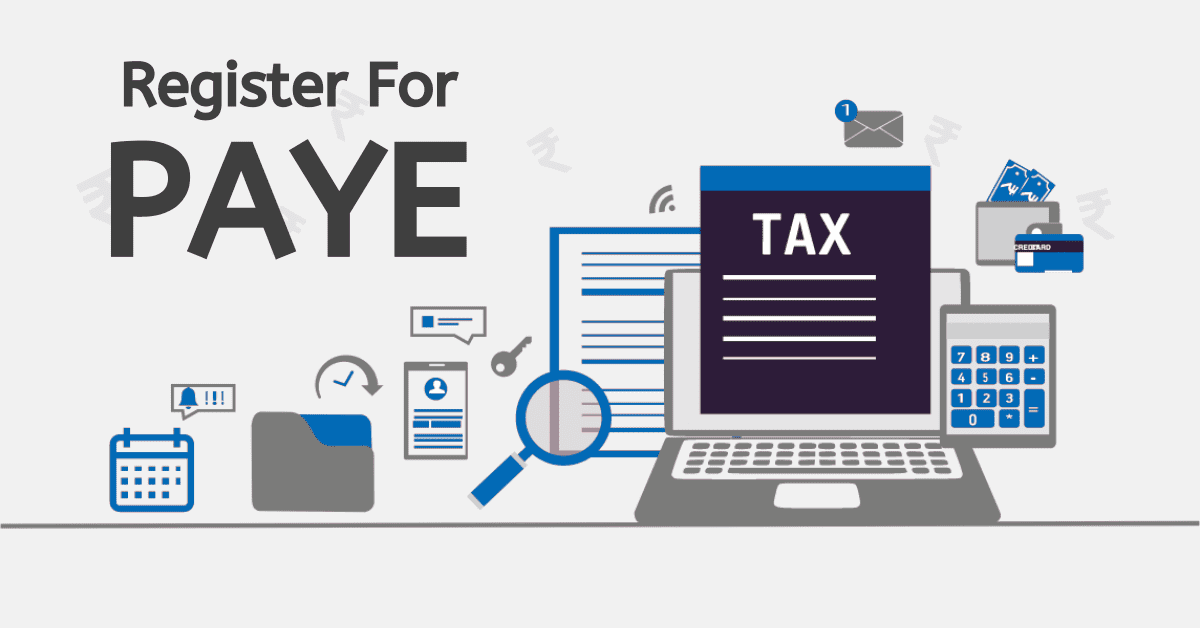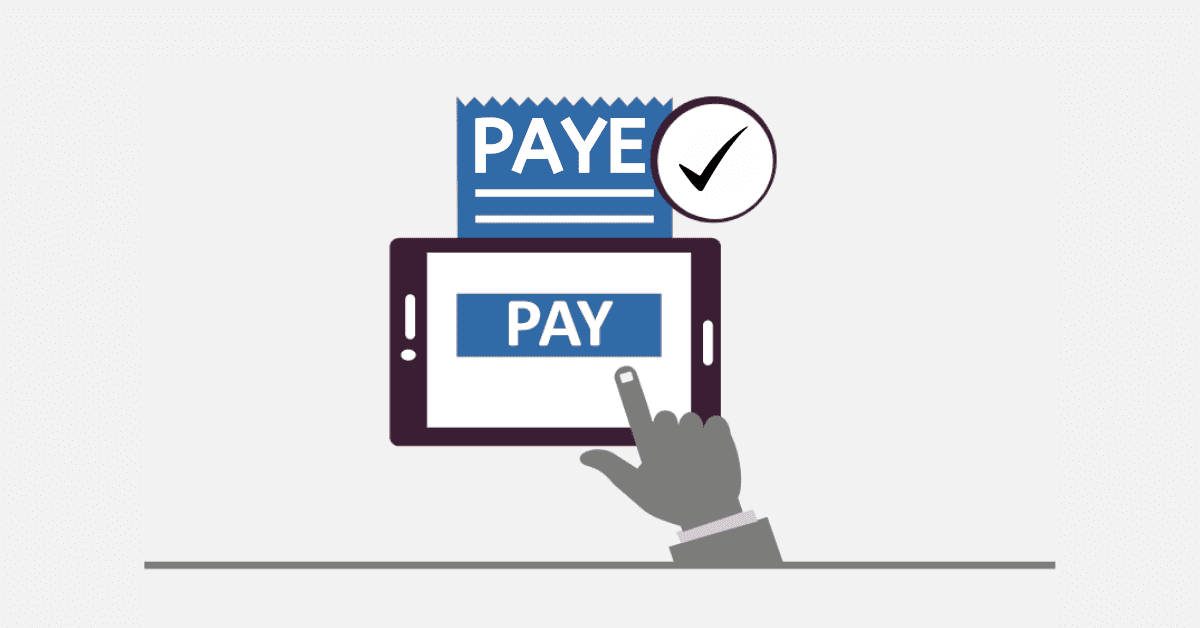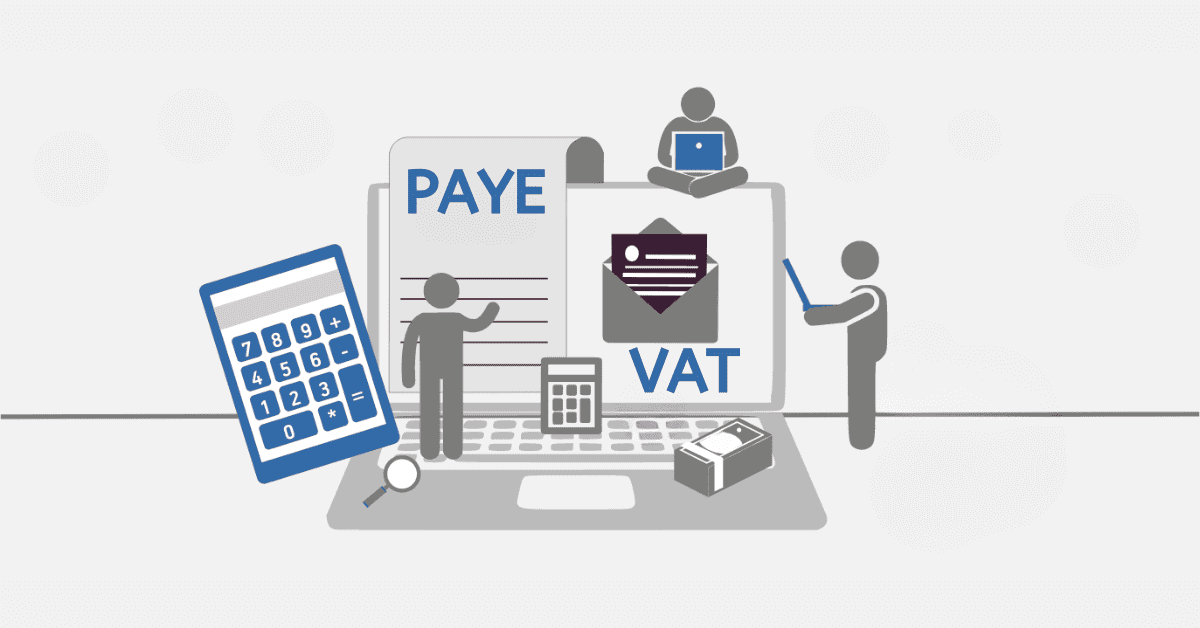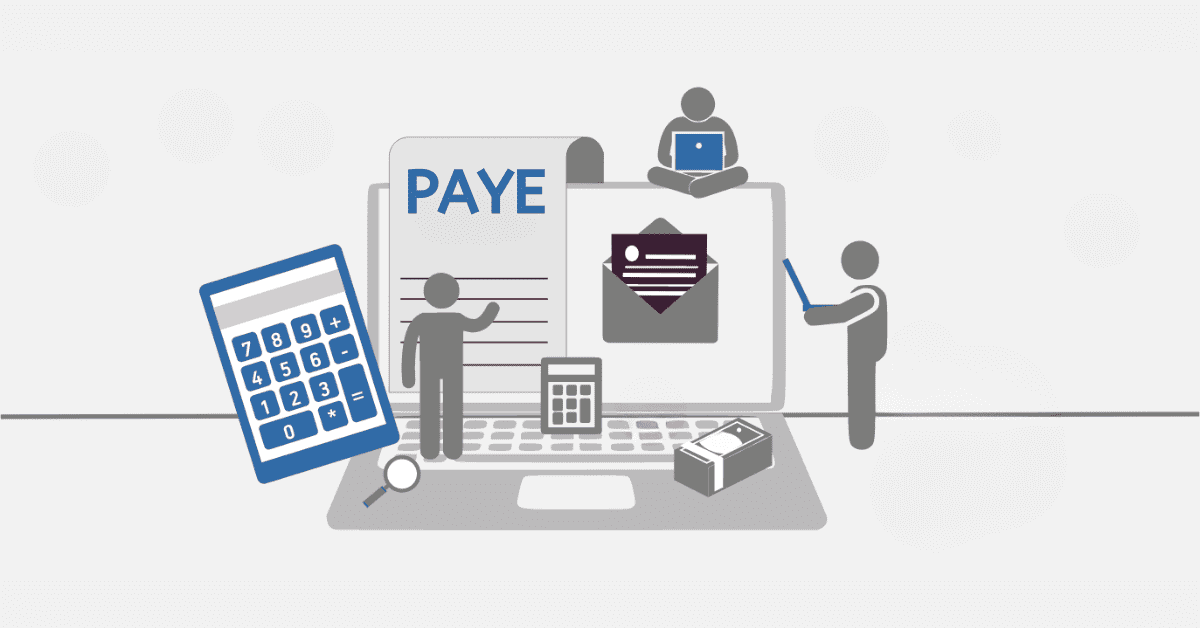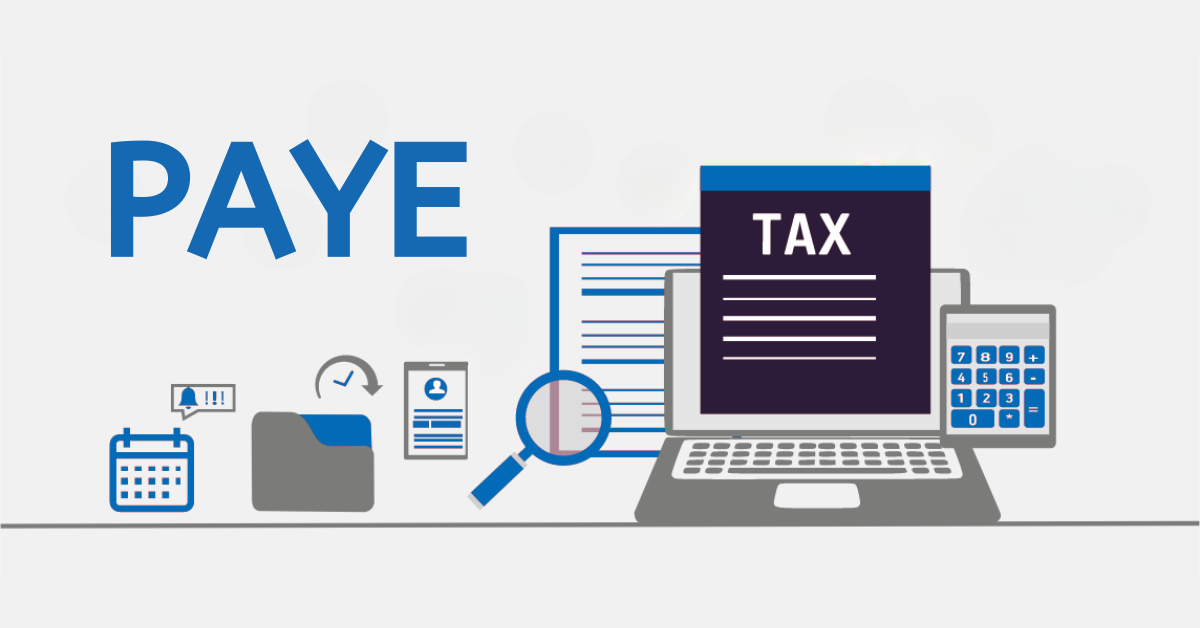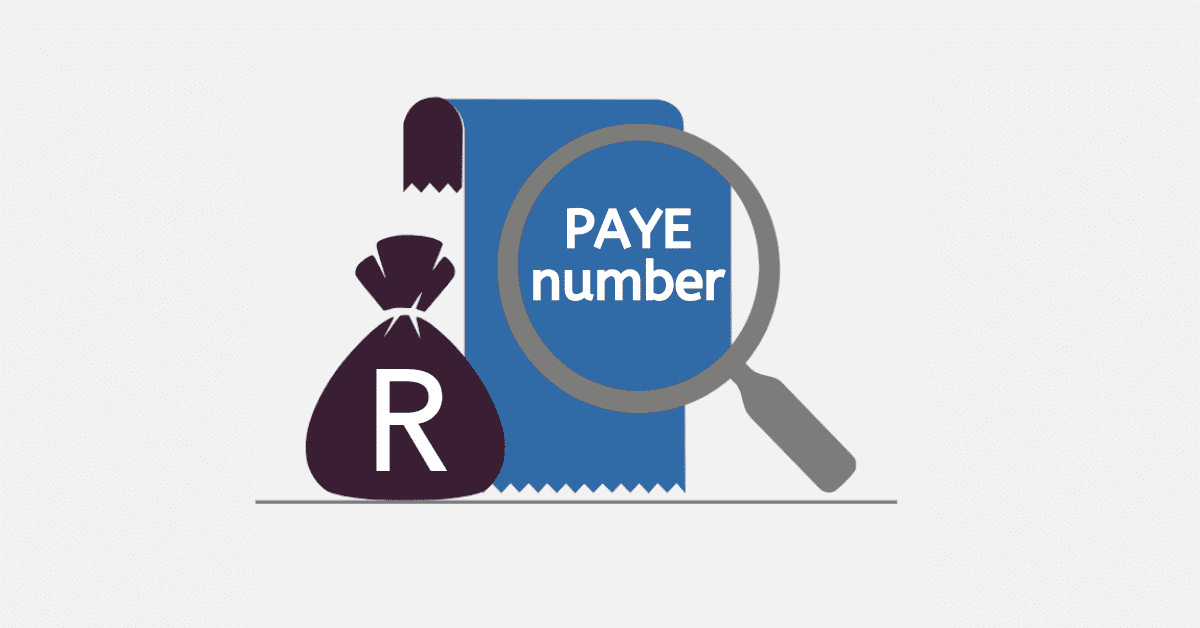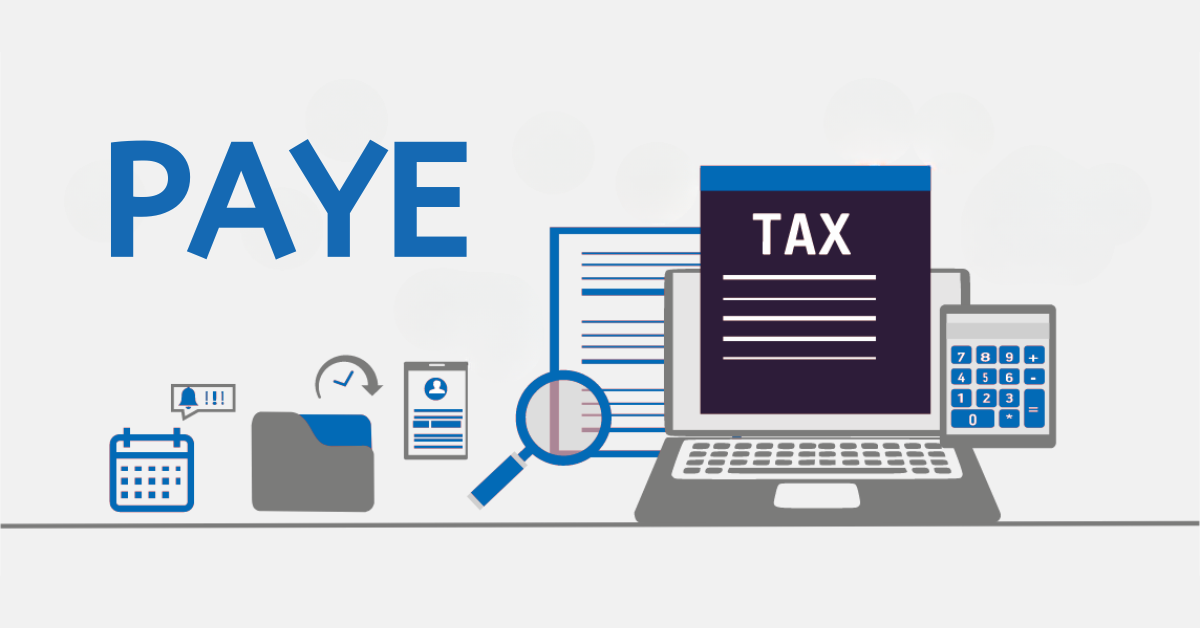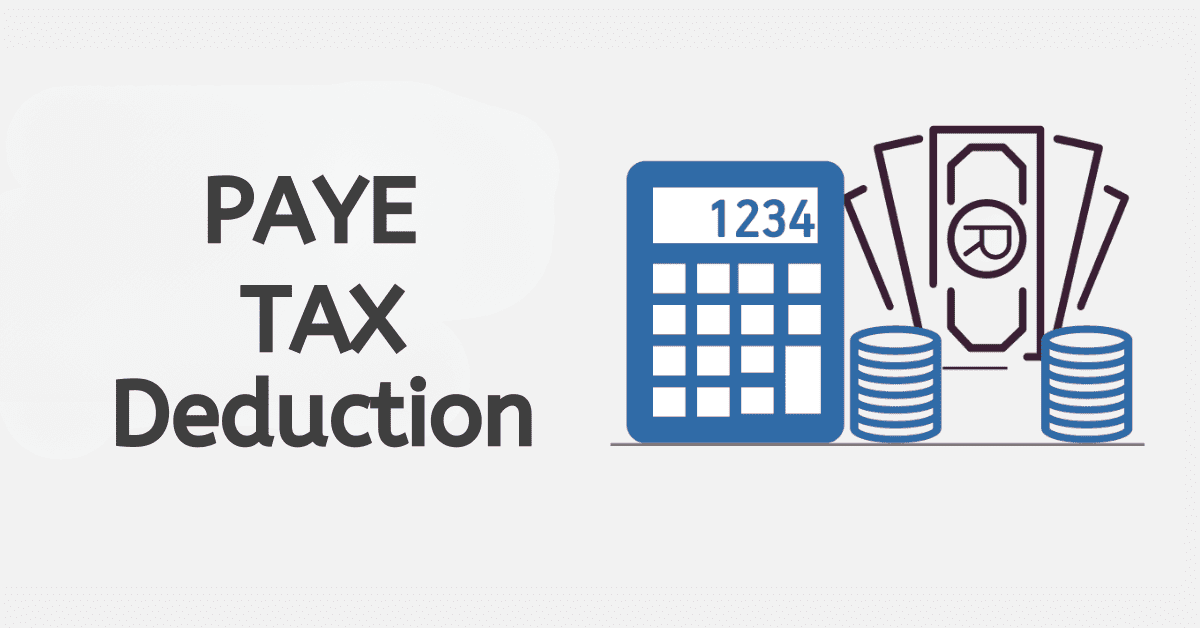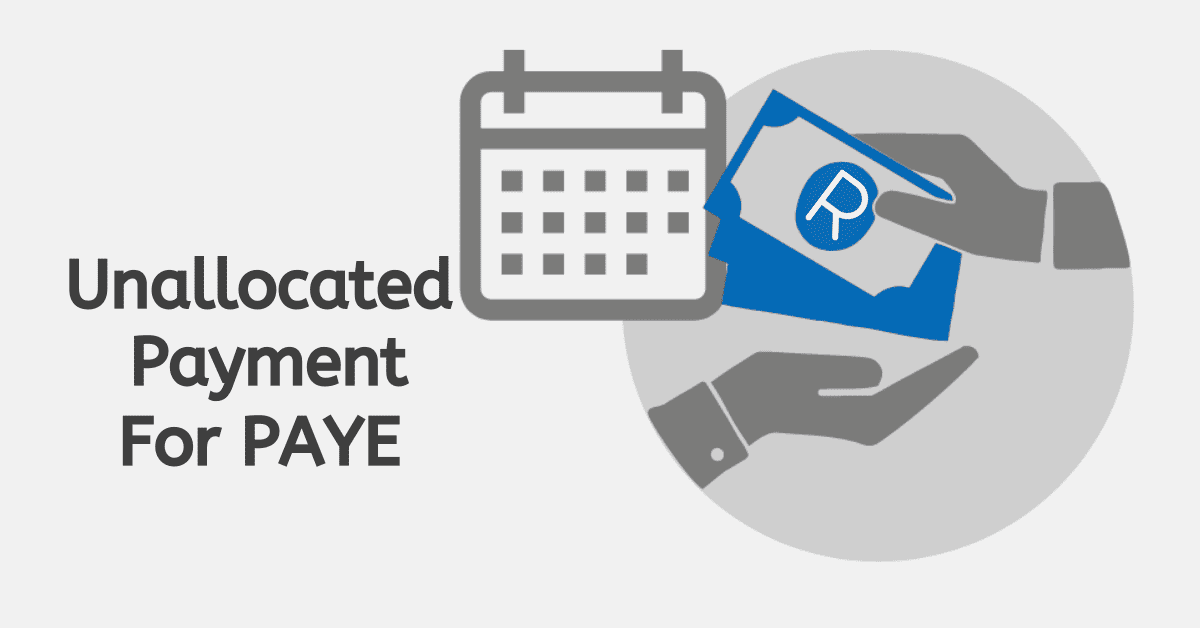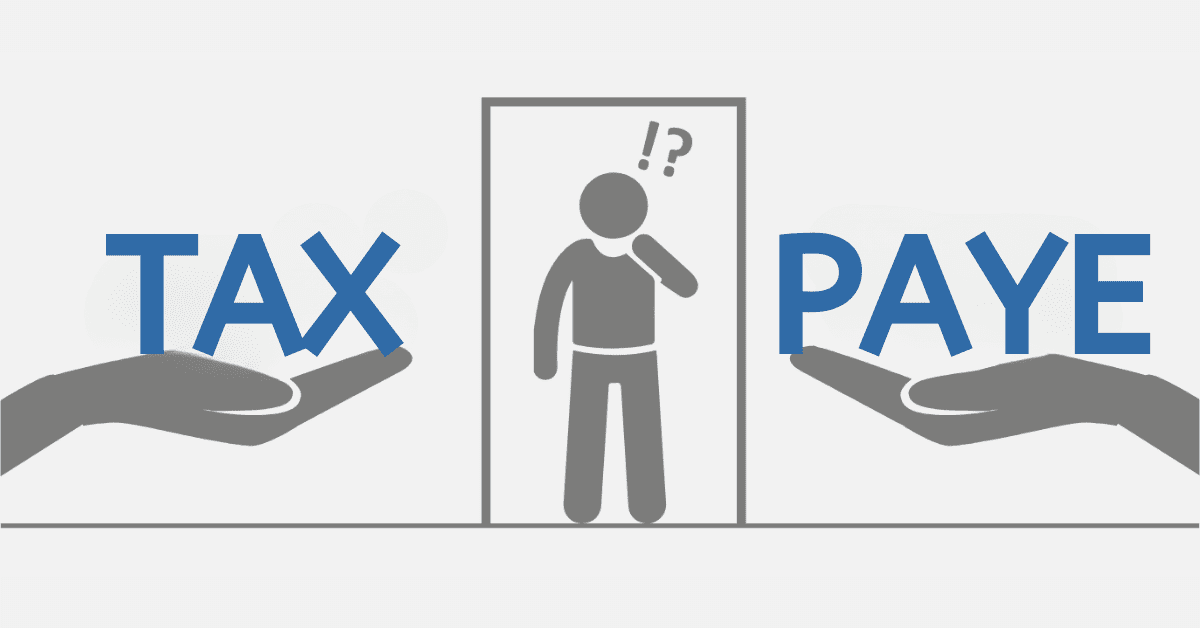While time is everything, there are factors that can always influence the process of PAYE. In South Africa, the government has created a great initiative to make the registration and payment of tax easy.
Searche.co.za provides detailed information on how to navigate the complexities of Pay As You Earn registration in South Africa.
Have you ever wondered about the duration of the process or the specific documents that are needed? We have some insight about the duration of the PAYE registration process and all the necessary documents.
Additionally, find out when employers should start the registration process and what is the minimum salary threshold for PAYE compliance.
Our focus will be on the PAYE registration for individuals and employees as this will provide more information about this process.
How long does it take to process a PAYE registration?
Typically, the PAYE registration process takes around 2 to 5 business days to complete the whole process. During this time, if individuals or businesses want to register for PAYE, they must make sure to complete all the required steps to ensure their registration is processed successfully. It’s worth mentioning that the timeframe for this can vary due to different factors, like how efficient the tax authority is or any additional circumstances. Sometimes, the time it takes to process certain tasks can be longer if there is a delay caused by the SARS system being overloaded with work. This implies that the total duration of the process could potentially be longer than originally expected.
How much does it cost to register for PAYE?
If you are interested in registering for PAYE, the most recommended option is to use the SARS online platform called eFiling.
How much does it cost to register for PAYE?
Actually, it’s important to note that the South African Revenue Service (SARS) does not require any fees for PAYE registration. You don’t have to pay anything for the entire process. The government does not believe it is necessary to impose a fee for tax collection.
However, it is worth noting that some third-party service providers do require payment for PAYE registration. In this scenario, the third-party company will handle all the employer’s PAYE-related tasks, relieving them of the workload.
What documents do you need to register for PAYE?
When running a business in South Africa, it is crucial to take certain steps to comply with tax regulations. One of these important steps involves registering for Pay-As-You-Earn (PAYE). Businesses rely on this process to ensure they meet their tax obligations and play their part in contributing to the South African government revenue. When you start the registration process, it’s important to collect all the required documents to make sure everything goes smoothly and without any problems. To make the registration process smoother and prevent any unnecessary delays or complications, it’s important to have these essential documents prepared and ready.
Below are the documents needed to register for PAYE in South Africa.
- Certified copy of company registration documents.
- Proof of the company’s address (rent agreement document).
- Latest bank statements for financial verification, confirming transactions and credits.
- Copy of the director’s South African identity document or passport.
- Employee details, including identification documents and employment contracts.
- Completed EMP101 form detailing employee information, remuneration details, and tax deductions.
When should an employer register for PAYE?
It is important to always have an insight about the PAYE. Being abreast with the PAYE processes keeps you informed all the time. It is important to know when, how and why PAYE exists. Defaulting your PAYE payment can cost you a lot.
This is why it is important for employers to always register their staff on time. The appropriate time for an employer to register for PAYE is when the business has been registered and is in operation after a period of 21 business days.
This 21 business day period is considered a grace period to prepare for the needed information and documentation for the PAYE registration.
What is the minimum salary for PAYE in South Africa?
In South Africa, the minimum salary for PAYE is determined by the tax threshold for individuals under 65 years old, which is set at R6950 per month. This means that if an employee earns a salary above this threshold and works more than 24 hours a month, they will be subject to normal tax through the PAYE system.
If your monthly earnings are below R6950, you are not obligated to make PAYE payments on a monthly basis. When you file your tax return at the end of the year, you will not be responsible for paying income tax either.
It is important to keep in mind that the monthly tax-free amount changes every year. It must be the duty of the employer and individual to always check yearly on the threshold of taxes.
